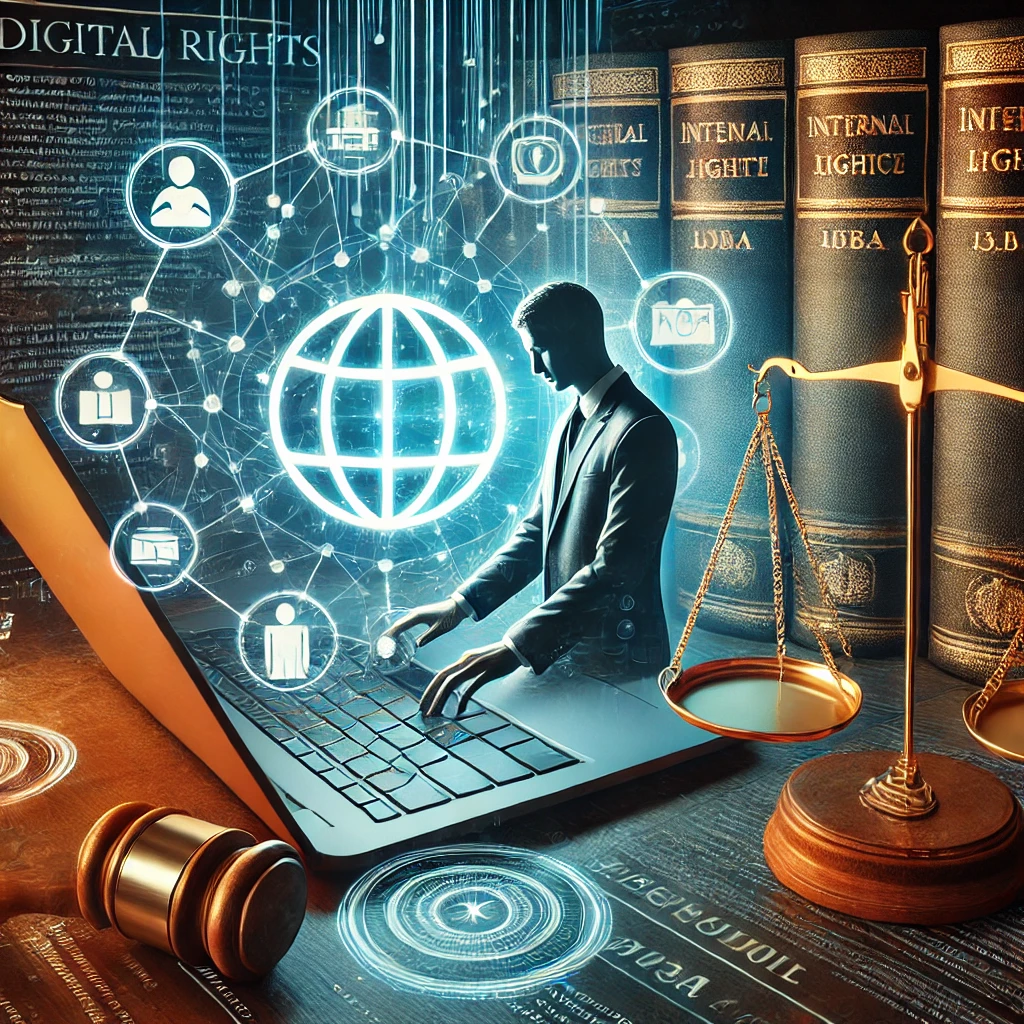Cyber Law at Tuvalu
Tuvalu is a small island nation facing unique challenges in the realm of cyber law due to its size, limited resources, and evolving digital landscape. While it recognizes the growing importance of cybersecurity, its legal framework in this area is still under development and not as comprehensive as in many other nations.
Here's a breakdown of the state of cyber law in Tuvalu:
1. Cybercrime Legislation:
Limited Comprehensive Legislation: Tuvalu does not have extensive standalone cybercrime legislation in place. This means there isn't a single, comprehensive law that specifically criminalizes all types of cyber offenses like hacking, cyber-extortion, or the creation and distribution of malware.
Incorporated Provisions: Some cybercrime acts are currently incorporated into other existing legislation.
Tuvalu Telecommunications Corporation Act: Section 33 addresses various telecommunications offenses, such as modifying or interfering with messages, interception, and disclosure of intercepted messages. It also makes it an offense to send a "grossly offensive message."
Penal Code: This covers traditional crimes like fraud and forgery, which can apply to offenses committed online, but it's not specifically designed for the nuances of cybercrime.
Procedural Law:
Criminal Procedure Code (Section 101): Includes provisions for general search and seizure powers that extend to electronic evidence.
Police Powers and Duties Act 2009 (Section 61): Grants search warrant powers that include accessing and making copies of electronic evidence.
Lack of Data Preservation/Real-time Collection: There are no specific legislative provisions for the preservation of data or real-time collection of data for investigative purposes.
Child Online Abuse: There are no specific legislative provisions to criminalize online child abuse, which is a significant gap.
Pending Legislation: Tuvalu has been working on drafting a Cybercrime Bill, and its approval is still pending. This would be a crucial step towards a more robust legal framework.
2. Data Protection and Privacy Laws:
No Comprehensive Data Protection Law: Tuvalu currently does not have comprehensive data protection laws similar to GDPR (General Data Protection Regulation) or other modern privacy frameworks.
Government Awareness: The government is aware of the need and is exploring options for developing legislation to protect personal data.
Limited Existing Provisions: While there might be some general privacy principles or constitutional protections, there are no specific rules detailing how personal data should be collected, stored, processed, or transferred. The Tuvalu Legislation website's privacy policy indicates basic logging for statistical purposes but no attempt to identify users unless for law enforcement investigations with a warrant.
3. Electronic Transactions Laws:
Progress Made: Tuvalu has made strides in enabling electronic transactions.
It acceded to the United Nations Convention on the Use of Electronic Communications in International Contracts (2005), which entered into force for Tuvalu in June 2023. This convention aims to enhance legal certainty for electronic communications in international contracts and establish the functional equivalence of electronic communications with paper documents for legal requirements like "writing," "original," and "signature."
The UNCITRAL secretariat has been providing technical assistance to Tuvalu for finalising a legal framework for electronic transactions and electronic signatures based on UNCITRAL Model Laws.
Impact: This accession and ongoing efforts suggest a move towards greater legal recognition and enforceability of electronic contracts and digital interactions.
4. Cybersecurity Strategy and Initiatives:
Government Recognition: The Government of Tuvalu recognizes the growing importance of cybersecurity and is committed to enhancing its cyber resilience.
National ICT Policy: In October 2023, Tuvalu launched its National Information and Communications Technology Policy. Cybersecurity is one of its seven strategic focuses, with plans to pass new cyber laws, strengthen legal frameworks, form a cyber task force, and implement cybersecurity awareness programs.
International Cooperation: Tuvalu actively participates in regional and international discussions about cybersecurity, collaborating with other Pacific Island nations (e.g., as a member of the Pacific Cyber Security Operators Network - PaCSON) and international organizations (e.g., Australian Cyber Security Centre, UNCITRAL, UNCTAD).
Challenges: Despite these efforts, Tuvalu faces significant challenges due to limited cyber infrastructure, low public awareness, a small cybersecurity market (relying heavily on international providers), and a lack of a formal, dedicated Cyber Incident Response Team (CIRT).
In summary, Tuvalu's cyber law landscape is still evolving. While it has taken steps towards recognizing electronic transactions and acknowledging the importance of cybersecurity at a policy level, there are significant gaps, particularly in comprehensive cybercrime legislation (especially concerning online child abuse) and dedicated data protection laws. The ongoing drafting of a Cybercrime Bill and the National ICT Policy indicate a commitment to strengthening these areas.












comments